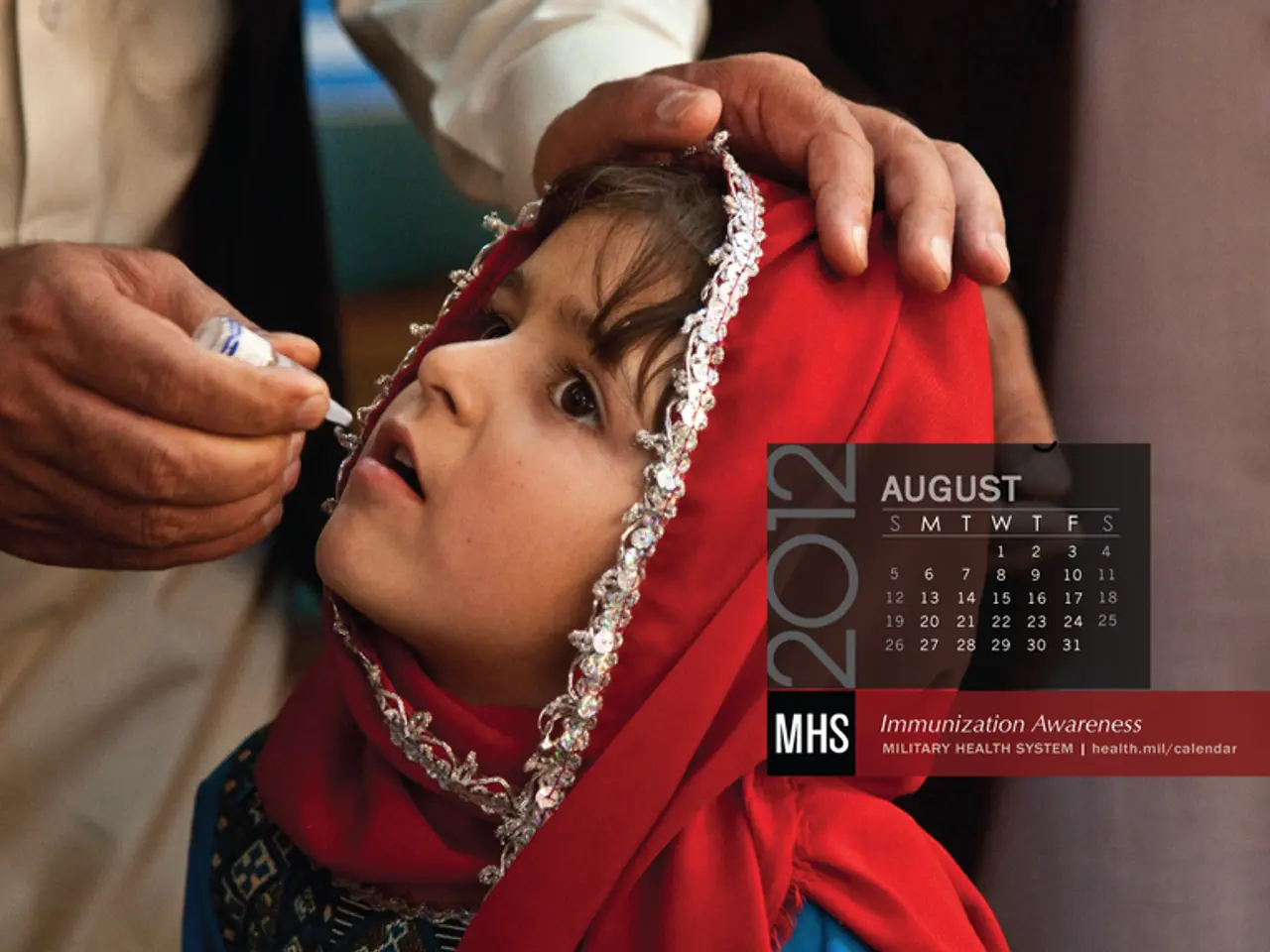Individual discharges 180 rounds, resulting in 150 shattered windows in CDC assault
Tragedy at the CDC: Anti-Vaccine Sentiment Sparks Attack
On a fateful Friday in August 2025, the Centers for Disease Control and Prevention (CDC) headquarters in Atlanta faced an unprecedented attack. The shooter, identified as Patrick Joseph White, was stopped by CDC security guards before he could drive to a nearby pharmacy and open fire.
The attack, motivated primarily by anti-vaccine sentiment, resulted in the death of a police officer. White, who harbored long-standing grievances linked to vaccine misinformation, reportedly blamed the CDC for personal health problems he believed were caused by the COVID-19 vaccine.
The incident has had a profound impact on CDC employees. Many have experienced fear, demoralization, and a sense of vulnerability. The shooting forced lockdowns, damaged multiple buildings, and has left employees feeling abandoned, especially due to delayed and insufficient public condemnation from leadership.
The scale and nature of the attack have highlighted serious security challenges on the campus. Nearly 500 shell casings were recovered, indicating a protracted exchange of gunfire that struck several CDC buildings. While specific changes to security protocols have not been detailed, the incident has likely spurred increased security evaluations and protective measures for CDC personnel.
The attack has underscored the direct consequences misinformation and hostile rhetoric can have on public health workers and institutions. CDC employees have been advised to work from home this week, and some are taking steps to become less visible, including not wearing their public health service uniform to work.
The tragedy has also sparked concern about the long-term impact on young scientists' willingness to work for the government. Retired CDC official Stephan Monroe expressed his worries about this, while Tim Young, another retired employee, stated that years of false rhetoric about vaccines and public health could lead to violence.
The U.S. Health Secretary, Robert F. Kennedy Jr., who has made false and misleading statements about the safety and effectiveness of COVID-19 shots and other vaccines, toured the CDC campus on Monday. Dr. Jerome Adams, the U.S. surgeon general during President Donald Trump's first administration, emphasized the importance of health leaders appreciating the weight of their words regarding vaccine safety and efficacy.
This tragic event serves as a stark reminder of the importance of promoting accurate information and fostering a respectful dialogue about public health issues.
Sources:
- The Associated Press Health and Science Department
- The Associated Press reporters Alanna Durkin Richer and Charlotte Kramon
- Copyright 2025 Gray Local Media, Inc.
- The AP receives support from the Howard Hughes Medical Institute's Science and Educational Media Group and the Robert Wood Johnson Foundation.
- Yolanda Jacobs, president of Local 2883 of the American Federation of Government Employees.
In the wake of the CDC tragedy, concerns about the intersection of politics, general news, and crime-and-justice have heightened. The violent attack, fueled by anti-vaccine sentiment, has raising questions about the potential consequences of misinformation and hostile rhetoric in broader societal discussions.
Furthermore, the incident at the CDC has revealed the need for increased scrutiny and dialogue on public health issues, underscoring the significance of promoting accurate information and fostering a respectful discourse in political, general news, and crime-and-justice discussions.








